Controlled Landscapes
Berlin film premiere of “Khabur” followed by a discussion.
Attention: this event is a cooperation with Spore-Initiative. it DOES NOT take place at Künstlerhof Frohnau but here:
Spore-Initiative. Hermannstraße 86, 12051 Berlin-Neukölln.
14. July 2024, 18.00-20.00
For free, in German and in English
On this evening Nafis Fathollahzadeh and Şermin Güven bring their archival research and field research together to investigate the controlled landscape of Khabur valley focusing on the exploitation and instrumentalization of natural and cultural resources in Northeastern Syria / Rojava. This event is a collaboration between Spore Initiative and Künstlerhof Frohnau. The screening of Khabur (2023) will be followed by a discussion with Nafis Fathollahzadeh and Şermin Güven. As part of this event, Nafis Fatollahzadeh will present their latest Risoprint artist book, available to be purchased during the event, and produced in the context of the Ruckhaberle Award 2023/24.
Khabur
Directed by Nafis Fathollahzadeh, documentary, 2023, 30 min, DE, IR
Khabur is the longest tributary of the Euphrates, a transboundary river crossing the border between Turkey and Northeastern Syria / Rojava. The film departs at an archaeological site in the valley of the Khabur River and follows the journey of Tell Halaf’s archeological collection towards Berlin where it has been kept since 1930. It traces the circulation of violence in different times and contexts along the Khabur River and engages with the economic and political power relations that have been transforming the landscape of the Khabur valley. The film addresses photography and archeology as two disciplines emerging from the colonial-imperial enterprise, critically engaging with the imperial grammar of institutionalised archives, and examining the way it could be recycled, reimagined, and rehearsed.
Nafis Fathollahzadeh works at the intersection of artistic research, video art and photography. They were a fellow researcher in the Rosa Luxemburg scholarly program on Authoritarianism and Counter strategies and affiliated with EUME: Forum Transregionale Studien in Berlin. They are art director and co-editor of Momentography of a failure, a multidisciplinary artistic and urban research platform for collaborative thinking, artistic collaborations, digital mapping and publishing.
Şermin Güven is an anthropologist with a focus on Human and Environment Relationships. She works at the intersection of anthropology, environmental studies, and activism researching on politics of water scarcity in the conflict area in Syria and Iraq, and the intersectional feminist perspective on nature, ecology, and disasters. She is active in various initiatives such as CENI-The Kurdish Women’s Office for Peace in Berlin and Sister City Project with a municipality in berlin and Derik/North and East Syria, and she is involved in the Spore Initiative – an ecological and cultural space in Berlin/Neukölln. With her focus on transboundary rivers and water she is part of the World Youth Parliament for Water.

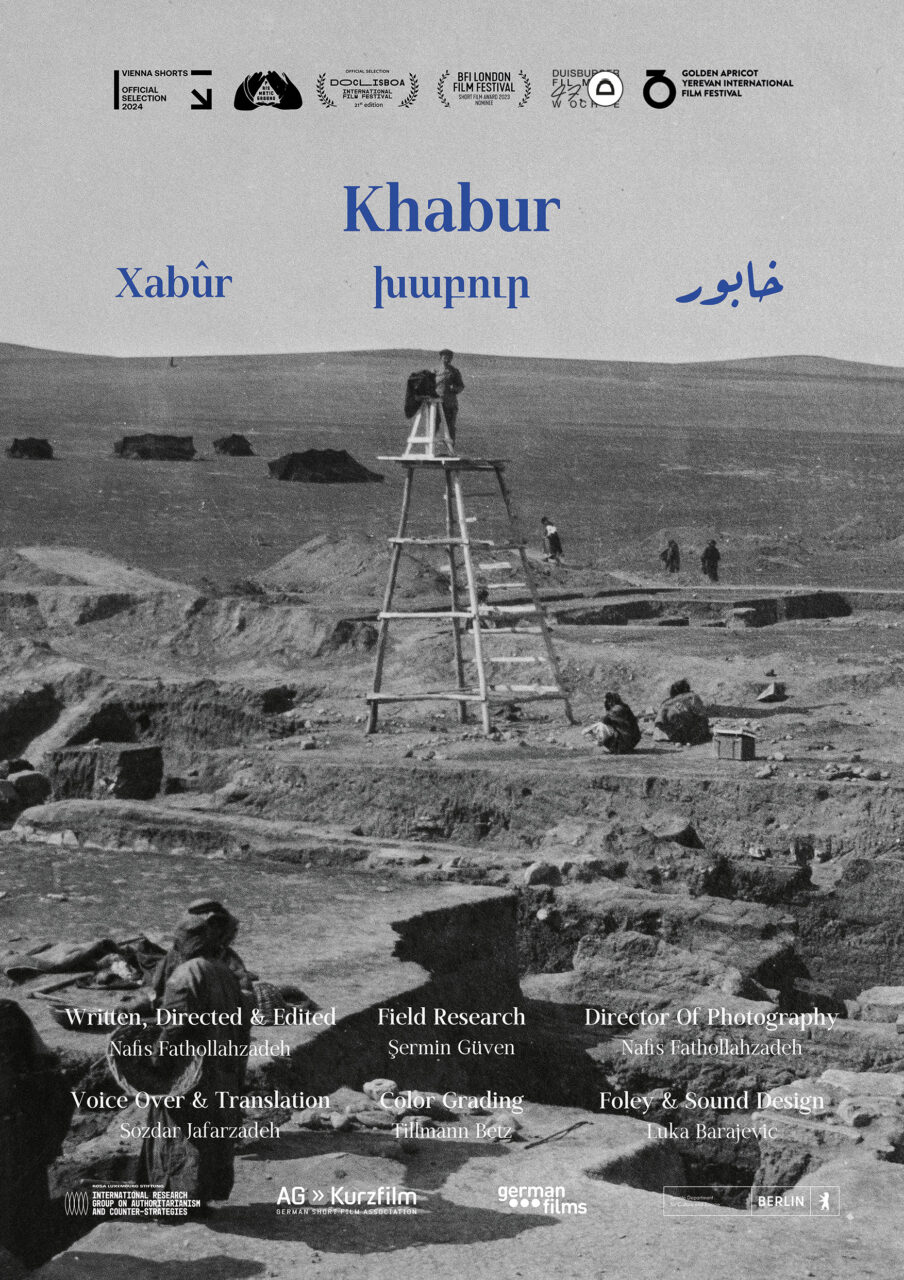 Nafis Fatollahzadeh, "Khabur"
Nafis Fatollahzadeh, "Khabur" 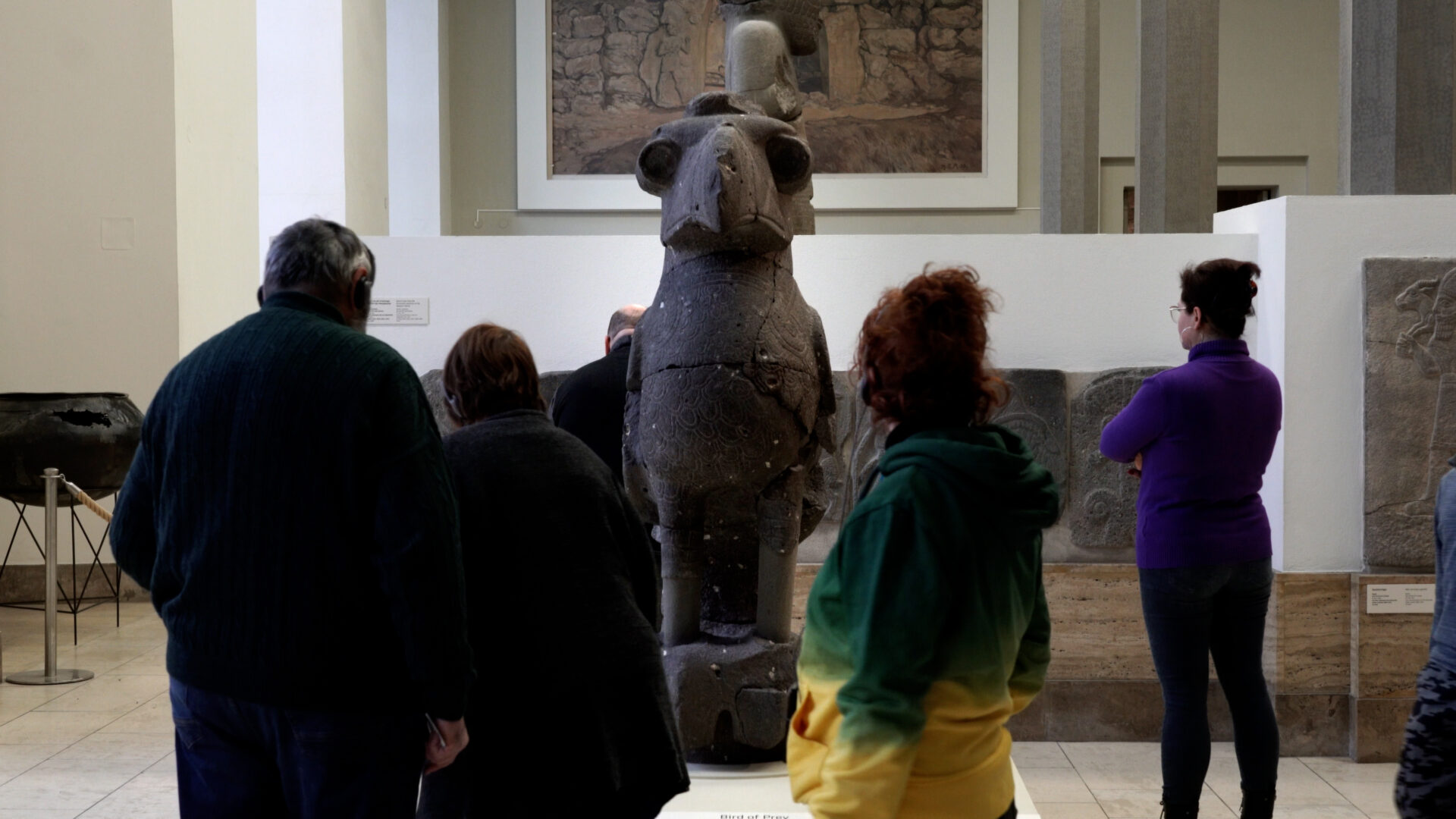 Nafis Fatollahzadeh, Still from "Khabur"
Nafis Fatollahzadeh, Still from "Khabur" 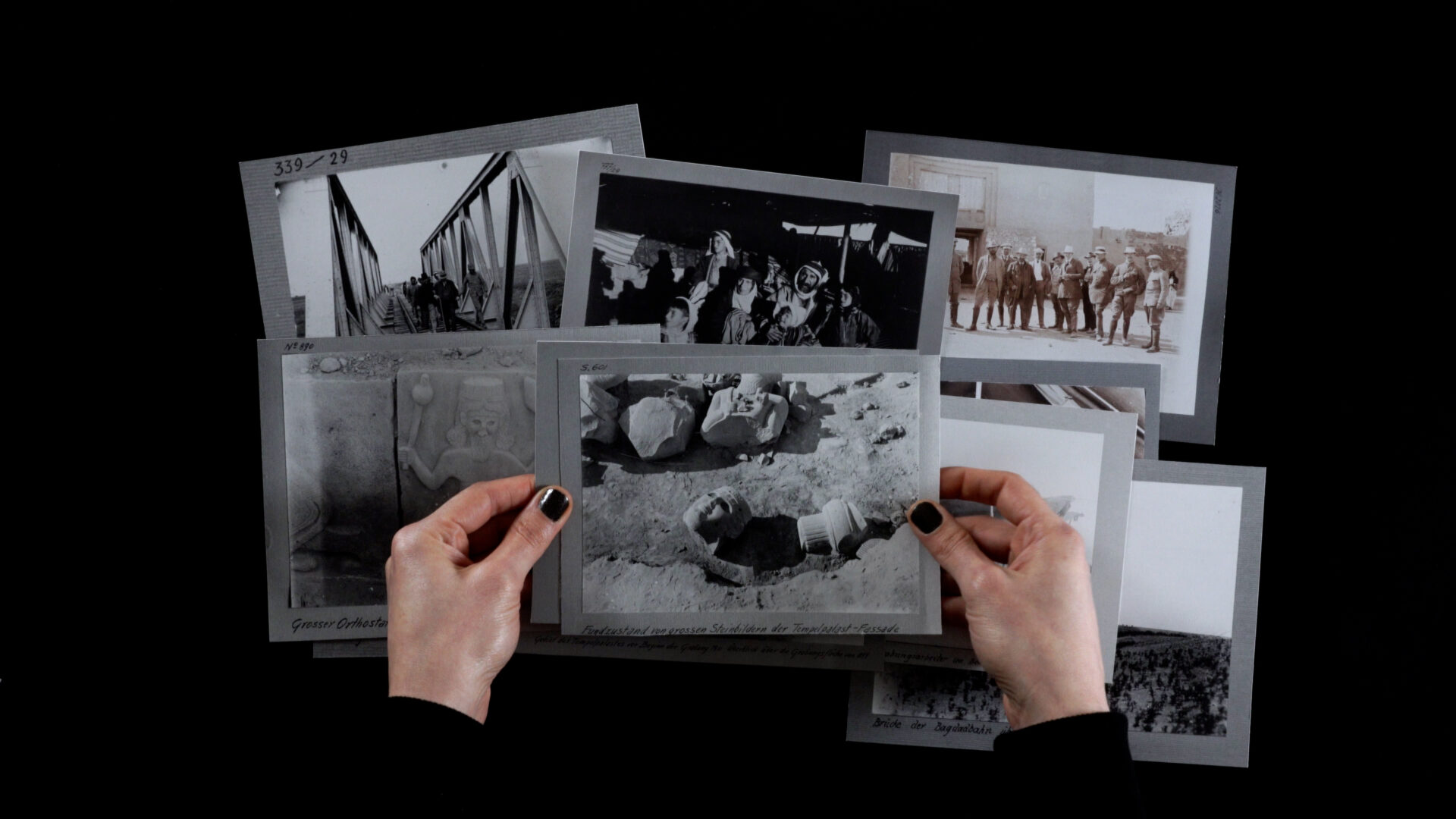 Nafis Fathollahzadeh, Ruckhaberle Award recipient 2023-2024, Still from "Khabur"
Nafis Fathollahzadeh, Ruckhaberle Award recipient 2023-2024, Still from "Khabur" 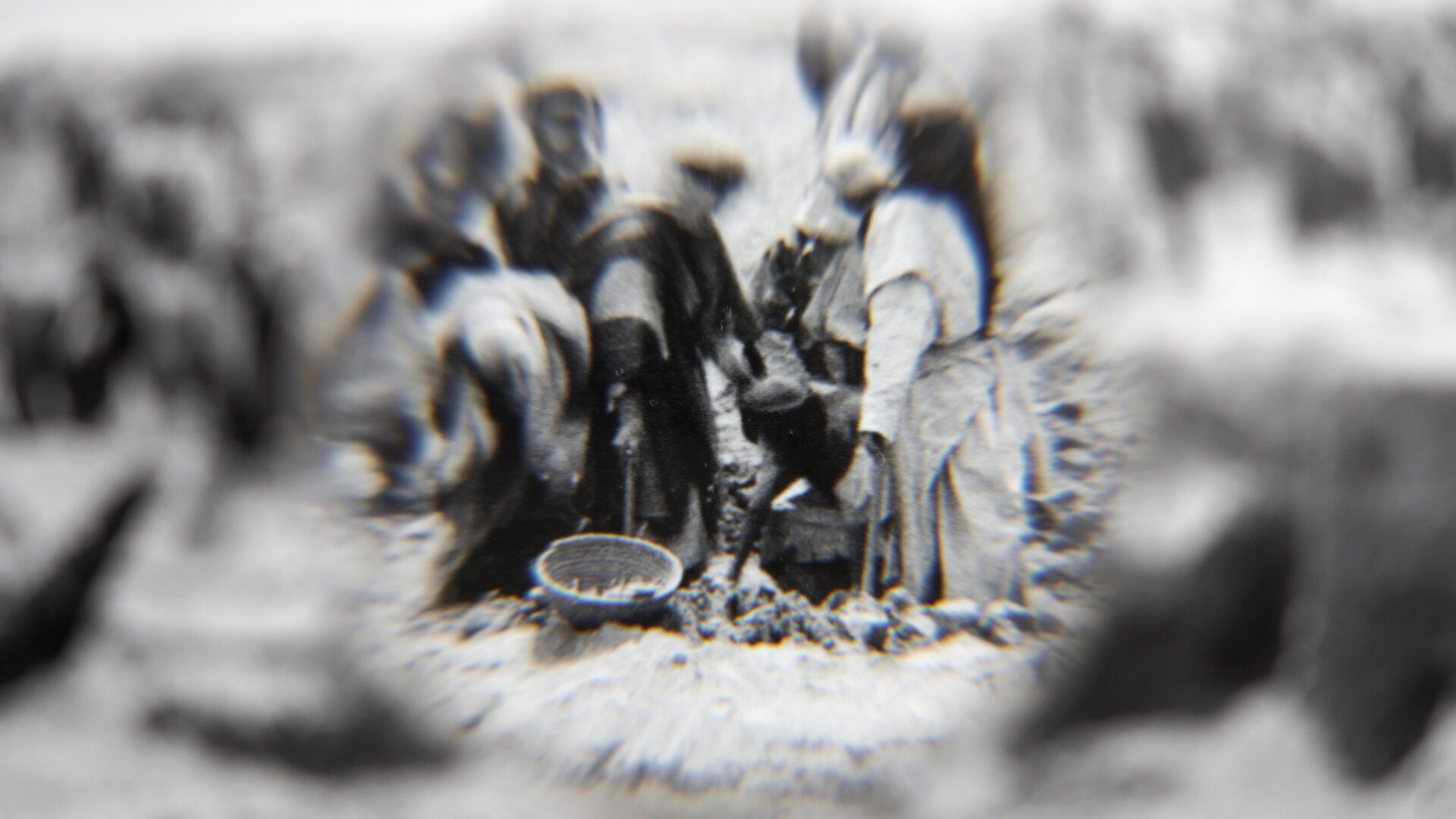 Nafis Fatollahzadeh, Still from "Khabur"
Nafis Fatollahzadeh, Still from "Khabur" 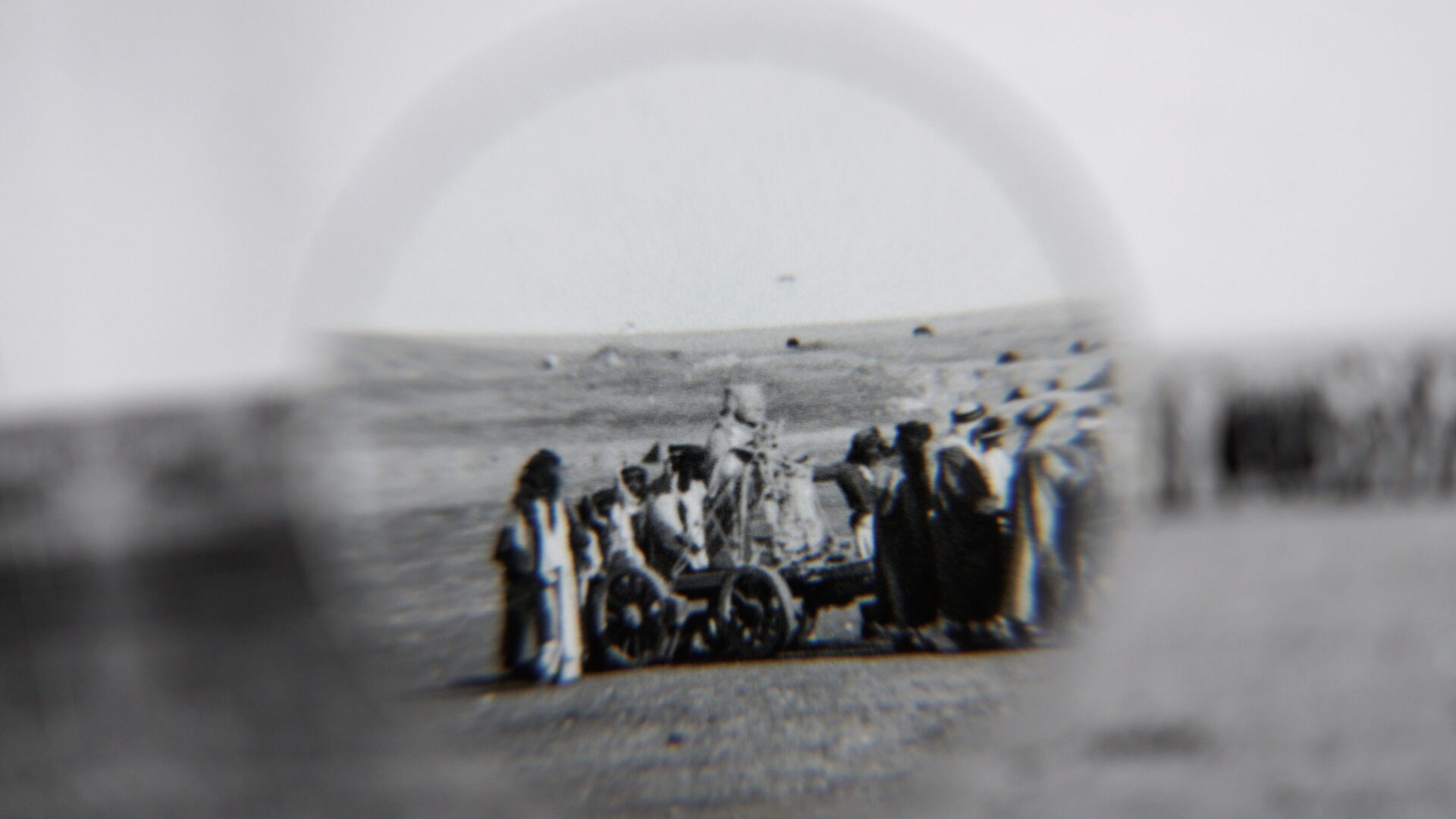 Nafis Fatollahzadeh, Still from "Khabur"
Nafis Fatollahzadeh, Still from "Khabur"